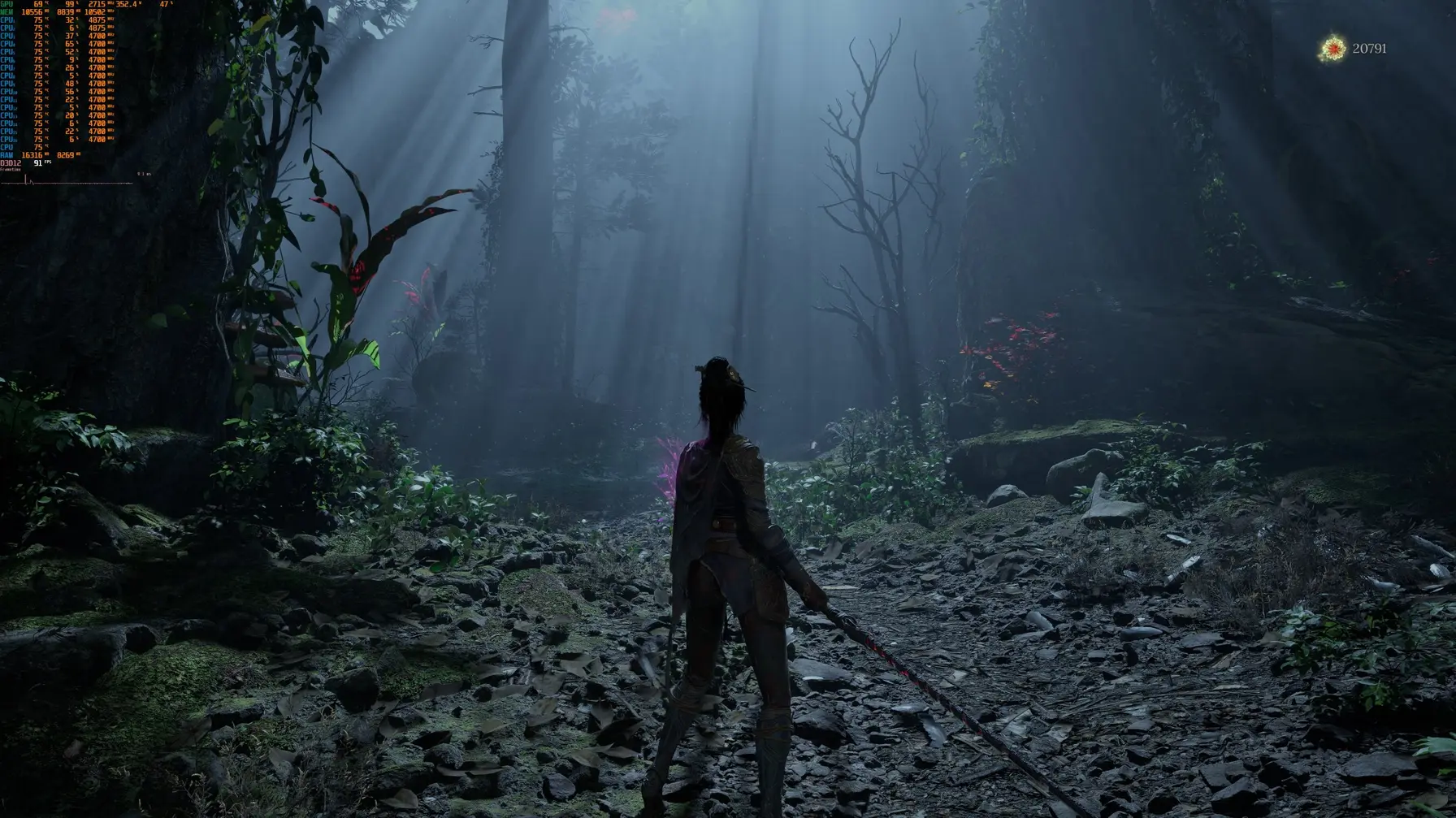T4K3.news
Fallen Feathers patch stirs censorship debate
A new patch changes boss deaths and threatens to alter the game’s story, drawing global backlash over censorship concerns.
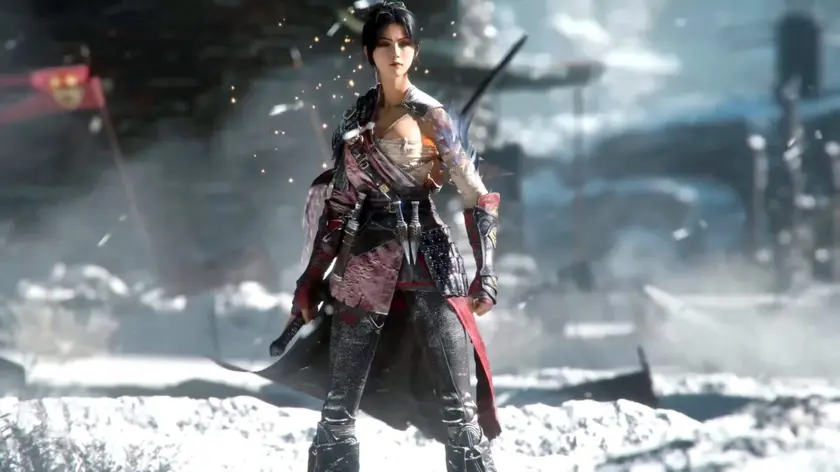
A patch for the summer Soulslike Fallen Feathers changes how bosses are handled, prompting backlash over perceived censorship by Chinese players.
Fallen Feathers Accused Of Censorship In Controversial Update
An update for the summer Soulslike Fallen Feathers, patch 1.5, arrived on PC and consoles this week. It changes how players deal with several bosses and NPCs by making historical figures immune to death. Instead, bosses become exhausted after combat and speak with the player. The patch also removes the pray gesture learned from a Portuguese character and nerfs some armor and boss attacks. Developer Leenzee has given little public explanation for the changes, leaving players to interpret the intent. The result is a patch that many fans view as censorship rather than a balance tweak.
The reaction online has been swift and divided. On Steam and Reddit, some players praise the smoother pacing and fewer brutal sections, while others condemn the changes as a capitulation to external pressure. Critics point to the patch as a sign that global audiences are pushing game makers to alter or soften content tied to history and identity. A prominent streamer and commentator highlighted the shift as a turning point for the game’s storytelling. Meanwhile, performance on PC shows some gains and some lingering framerate issues, and a portion of players is attempting to roll back the update by editing game files.
Key Takeaways
"what they mean is they made it so you can no longer kill any historically significant bosses"
Lance McDonald describing the patch on social media
"Players are reporting that the pray gesture has been removed"
Reported by players and discussed online
"This feels like censorship by design rather than a balance choice"
Editorial response to the patch decisions
"The patch shows where game making bends to noise rather than narrative"
Editorial reflection on broader implications
This patch exposes a tension at the heart of global game publishing: how to honor artistic intent while accommodating diverse audiences and political sensitivities. It reads as a product decision shaped by cultural pressure rather than a straightforward balance pass, which can erode trust among players who value creative control. The lack of a clear developer statement leaves room for speculation about motive, which can fuel a wider debate about censorship in games rather than a discussion about design quality.
If more titles yield to backlash, players may begin to expect patch notes to announce cultural concessions rather than mechanic improvements. That could redefine how studios plan postlaunch support and provoke investors to demand more explicit frameworks for content decisions. The case also tests how quickly a community can adapt its expectations when the game world appears to change its own history. The question now is whether the game can rebuild narrative trust while navigating a crowded and politically sensitive market.
Highlights
- History should stay history not be rewritten in a patch
- Patch notes as censorship notes
- Censorship by patch is a dangerous trend for games
- Art lives in the choices not the patches
Censorship and cultural sensitivity risk
The update touches political and cultural sensitivities tied to history and Chinese audiences, raising questions about freedom of artistic expression in games and potential investor and public reactions.
The patch raises questions about how far a game can go before players lose trust in its world and its makers.
Enjoyed this? Let your friends know!
Related News
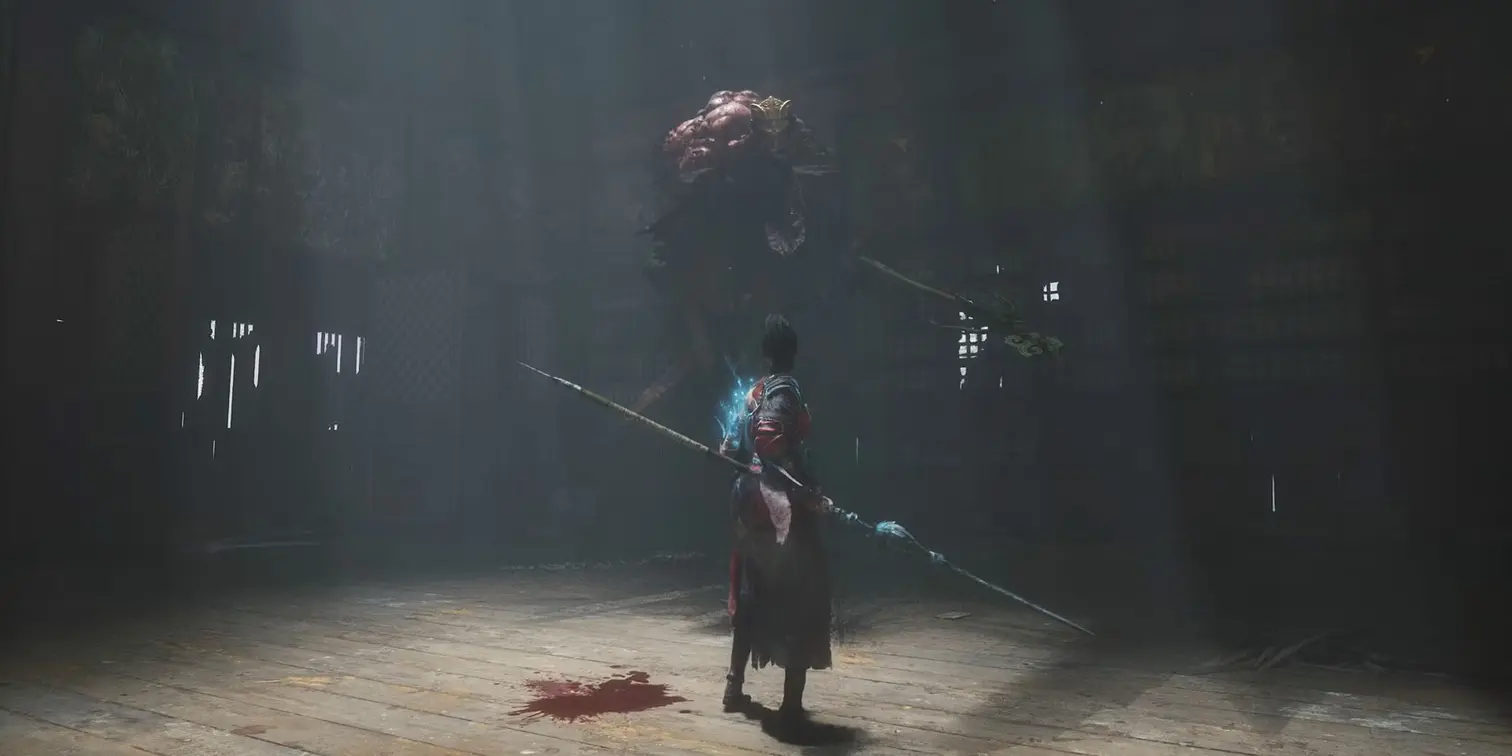
Wuchang patch 1.5 stirs censorship debate
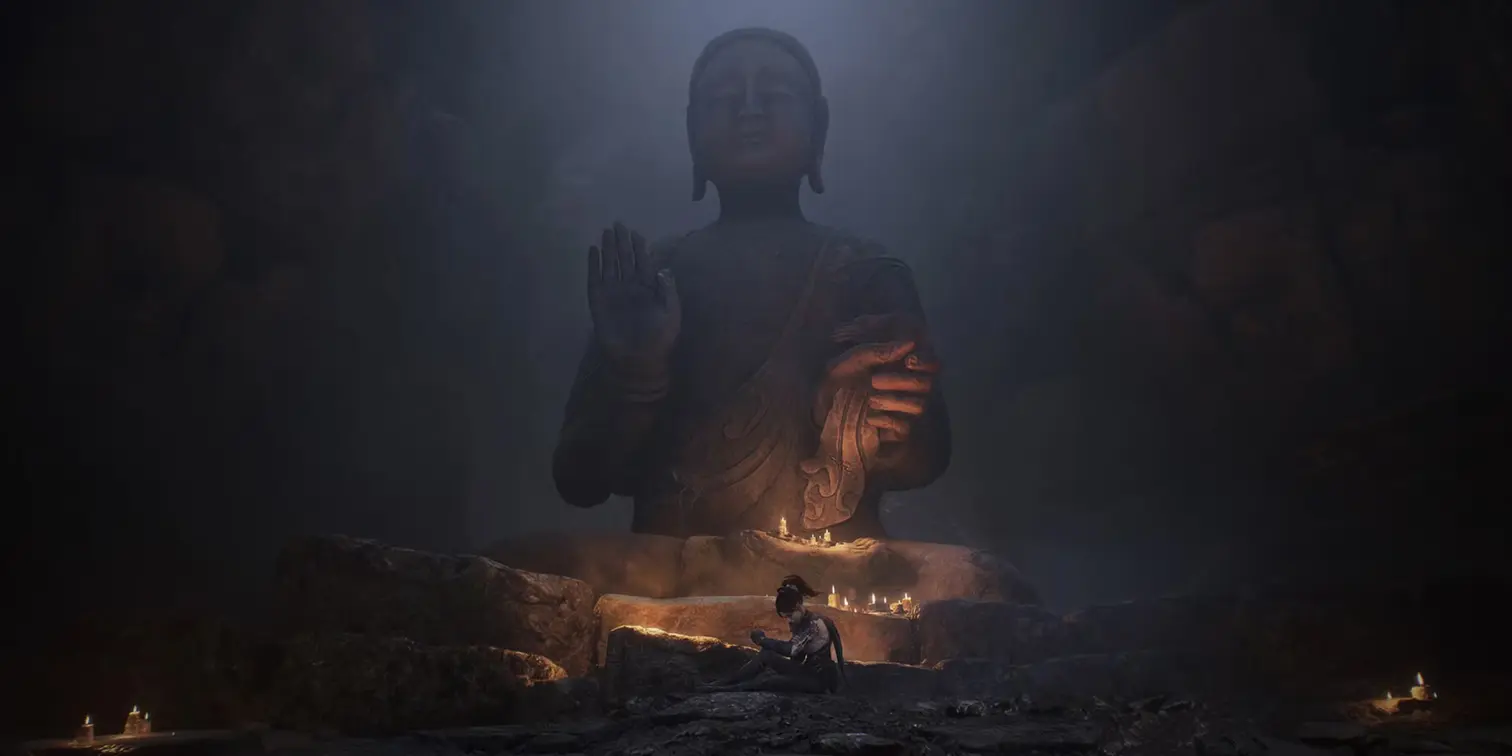
Wuchang patch sparks censorship controversy
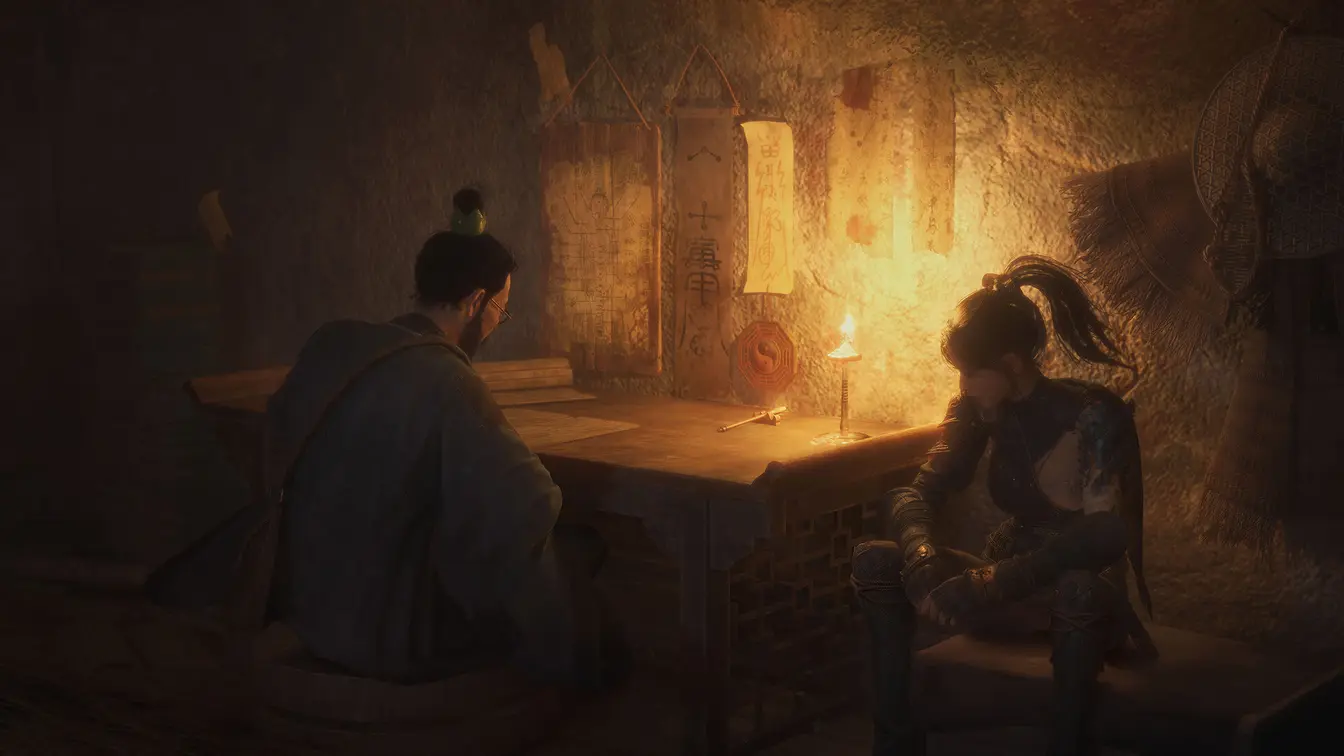
Wuchang Fallen Feathers patch alters history
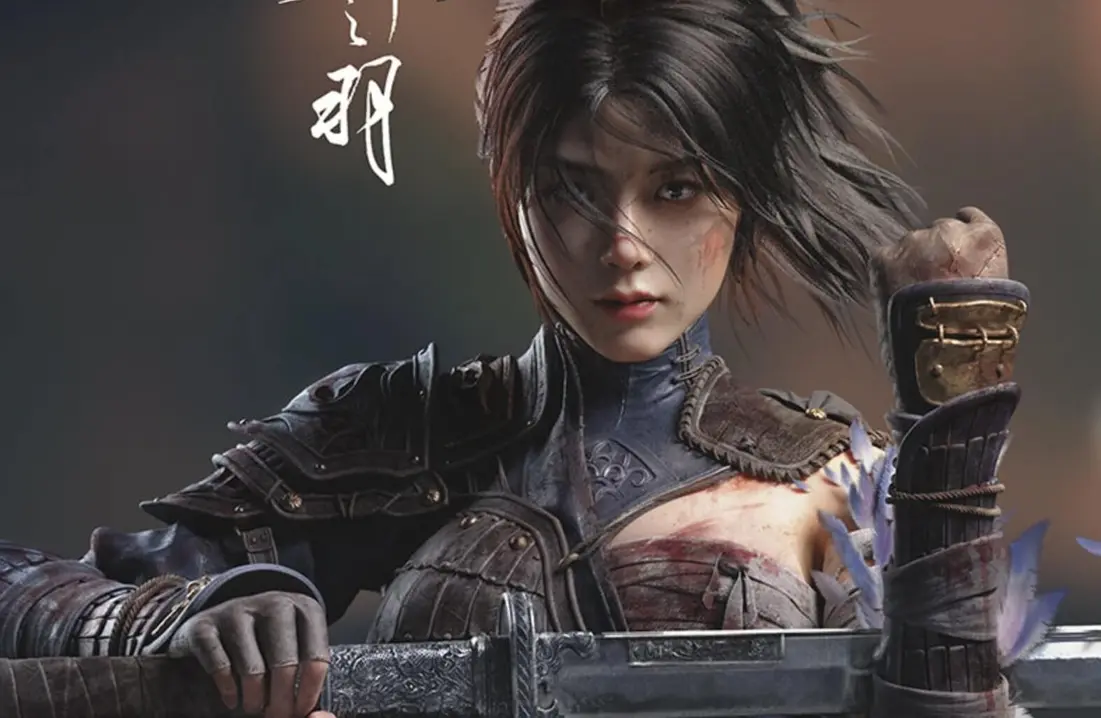
Wuchang Fallen Feathers uncensored version returns via mod rollback
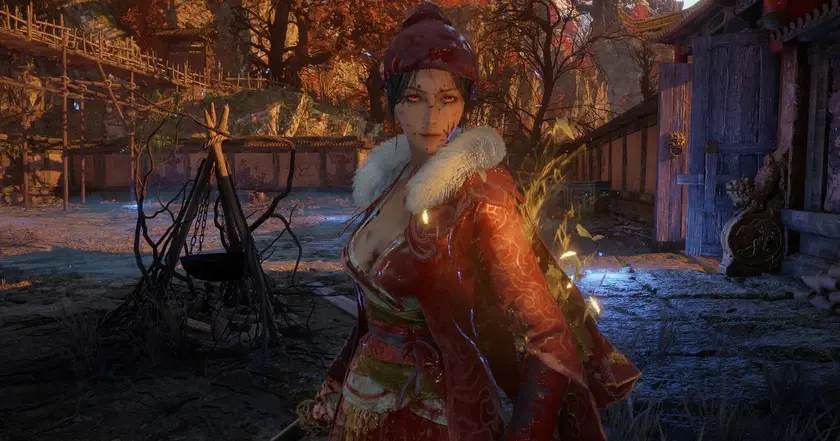
Wuchang patch dims Ming dynasty bosses amid Chinese backlash
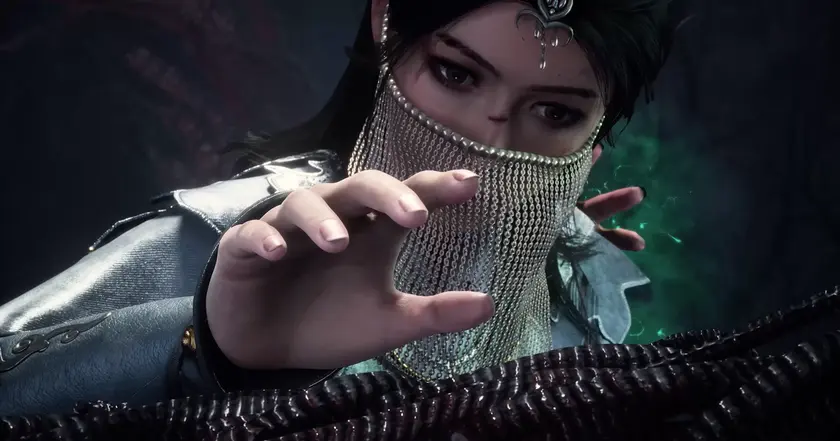
Wuchang studio acknowledges performance issues
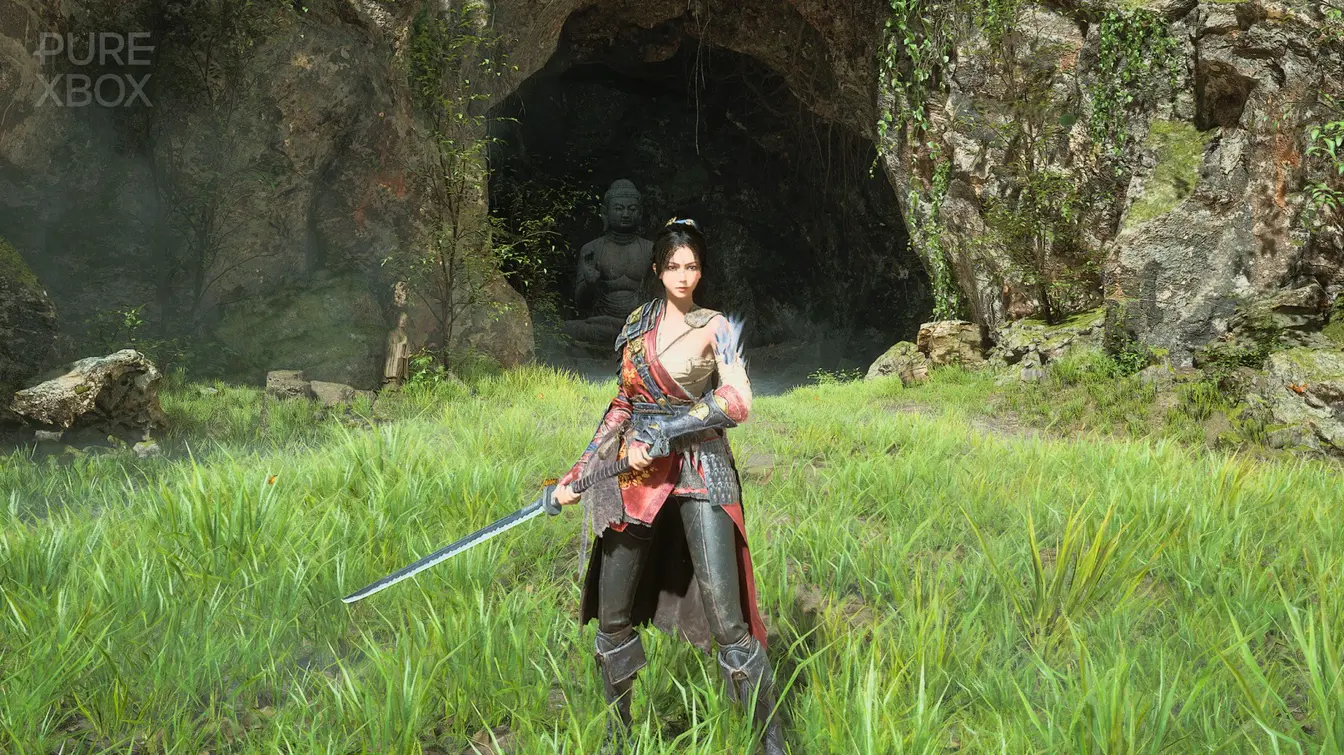
Wuchang: Fallen Feathers Update 1.3 Released
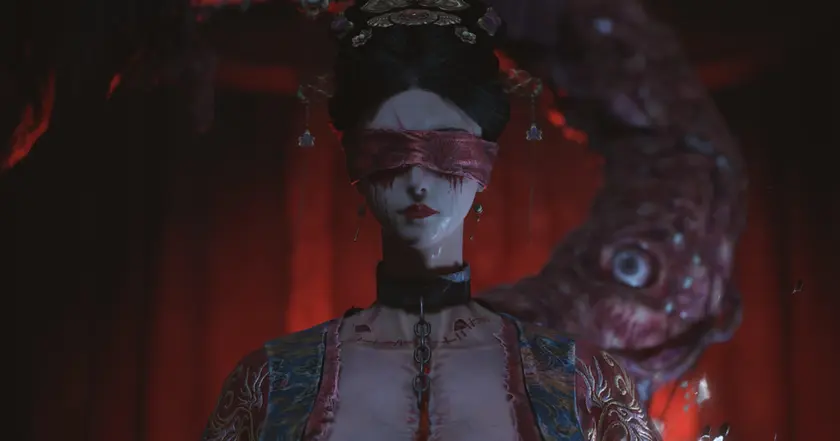
Wuchang patch boosts PC performance and balance
